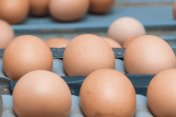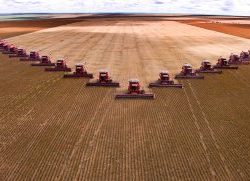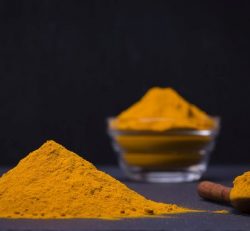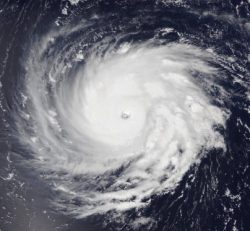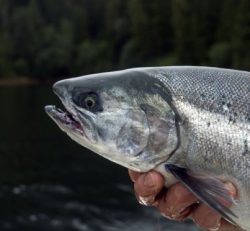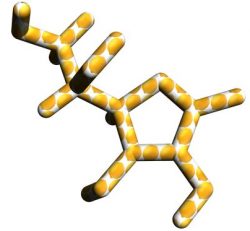US: EGG RECALL FOLLOWING SALMONELLA OUTBREAK
Cage free large eggs are being recalled by a US-based company due to a potential contamination of Salmonella.
The US Food and Drug Administration (FDA) said Gravel Ridge Farms was recalling the eggs because a number of people had reported falling ill. It is understand that 14 people have been affected with 2 needing hospital treatment.
The FDA has advised consumers not to eat recalled shell eggs produced by the Alabama-based firm. Consumers who have purchased these products can return them to the store for a refund. If any consumers have Gravel Ridge Farm eggs in their refrigerators, they should be discarded, regardless of the stamped date.
Recalled eggs were sold to several grocery stores and restaurants in Alabama, Georgia and Tennessee
Illnesses started on dates ranging from 10 July to 7 August, according to the US Centres for Disease Control and Prevention with people ranged between 1 and 94 affected.
Research
Meanwhile, research presented to the 87th Northeastern Conference on Avian Diseases, has been looking at microbiological consequences of different housing systems for laying hens, with particular reference to Salmonella infection.
Researchers from a range of US universities carried out a large field study, where environmental swabs and egg shells pools were collected from commercial laying hens housed in conventional cages, enriched colony cages or cage-free aviaries.
These samples were tested for the number of total aerobes and coliforms and for the presence of Salmonella. Hens from all housing systems were shedding Salmonella spp. (89-100% of manure belt scraper blade swabs). There were no significant differences between the housing systems in Salmonella detection from either environmental samples of egg shells, indicating that each housing system has unique microbiological risk factors and associated management challenges for pathogen control.
In a series of experimental infection studies, laying hens housed in either conventional cages or enriched colony cages were orally inoculated with Salmonella Enteritidis (SE). Significantly more hens in conventional cages shed SE in their faeces during the first 4 weeks post-inoculation than did hens in enriched colony cages (43% v 29%) in one study, but the frequency of horizontal transmission of infected was not affected by housing type in a second study.
Likewise, although the frequency of SE invasion to internal organs in a third study was significantly greater among hens in conventional cages than in enriched colony cages (93% v 53% of spleens; 25% v 15% in ovaries), hens from the 2 housing systems laid internally contaminated eggs at similar frequencies (3.6% – 4%) in the fourth study.
Accordingly, the researchers said, although parameters, which differ between conventional and enriched cages (including stocking density and behavioural restriction) may affect some aspects of susceptibility to SE colonization, this influence does not extend to all aspects of infection or product contamination.
Tony McDougal
Freelance Journalist
Source: www.poultryworld.net


